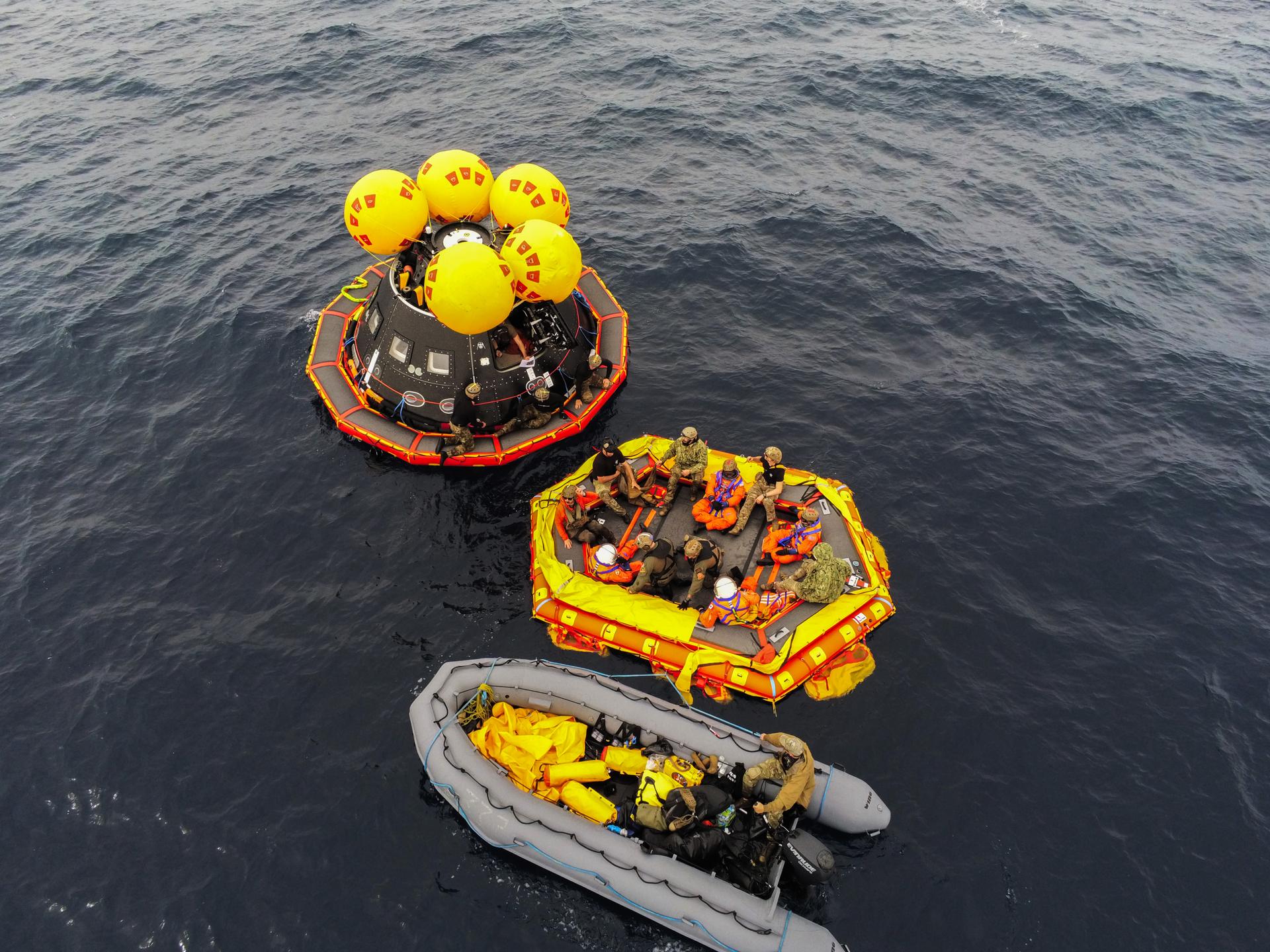Now Reading: Parker Solar Probe Team Awarded 2024 Collier Trophy by NASA
-
01
Parker Solar Probe Team Awarded 2024 Collier Trophy by NASA
Parker Solar Probe Team Awarded 2024 Collier Trophy by NASA
Swift Summary:
- The Parker Solar Probe team has won the 2024 Robert J. Collier Trophy, awarded by the National Aeronautic Association (NAA) for remarkable advancements in aeronautics and astronautics.
- The probe made history by traveling closer too the Sun than any spacecraft before-3.8 million miles from its surface-and at a speed of nearly 430,000 mph.
- Key technological achievements include:
– Thermal Protection System (heat shield) enabling operation at temperatures up to 2,500°F while maintaining internal systems near room temperature.
– Actively cooled solar arrays that protect themselves from intense exposure while powering the spacecraft.- Fully autonomous spacecraft system for managing operations over extended periods.
- Since its launch in August 2018,Parker Solar Probe has provided unprecedented insights into solar phenomena like coronal mass ejections and space weather events that impact satellites,air travel,astronauts,and Earth’s power grids.
- The mission supports future deep space exploration by advancing prediction models for hazardous radiation exposure and space weather management.
Read More: Parker Solar Probe Team Wins Collier Award
Indian Opinion Analysis:
The Parker Solar Probe’s recognition with the Collier Trophy emphasizes humanity’s ability to overcome technological challenges previously deemed insurmountable. For India-one of NASA’s collaborators on space missions-the scientific discoveries made could provide valuable benchmarks as ISRO continues expanding its capabilities in solar studies and deep-space missions like Aditya-L1.
Beyond advancement in aerospace technology, this achievement underscores critical areas directly relevant to India’s aspirations such as navigating extreme conditions during interplanetary exploration or mitigating risks posed by space weather events-a growing concern globally due to dependency on satellite-based systems. Learning from pioneering systems like active cooling technology or autonomous management tools could bolster India’s orbital launches aimed at sustainability and innovation.
As ISRO strengthens partnerships with international space agencies such as NASA under agreements for data sharing or collaborative projects, missions like Parker offer a meaningful lens through which India’s role in contributing toward global scientific inquiry may grow further.

























